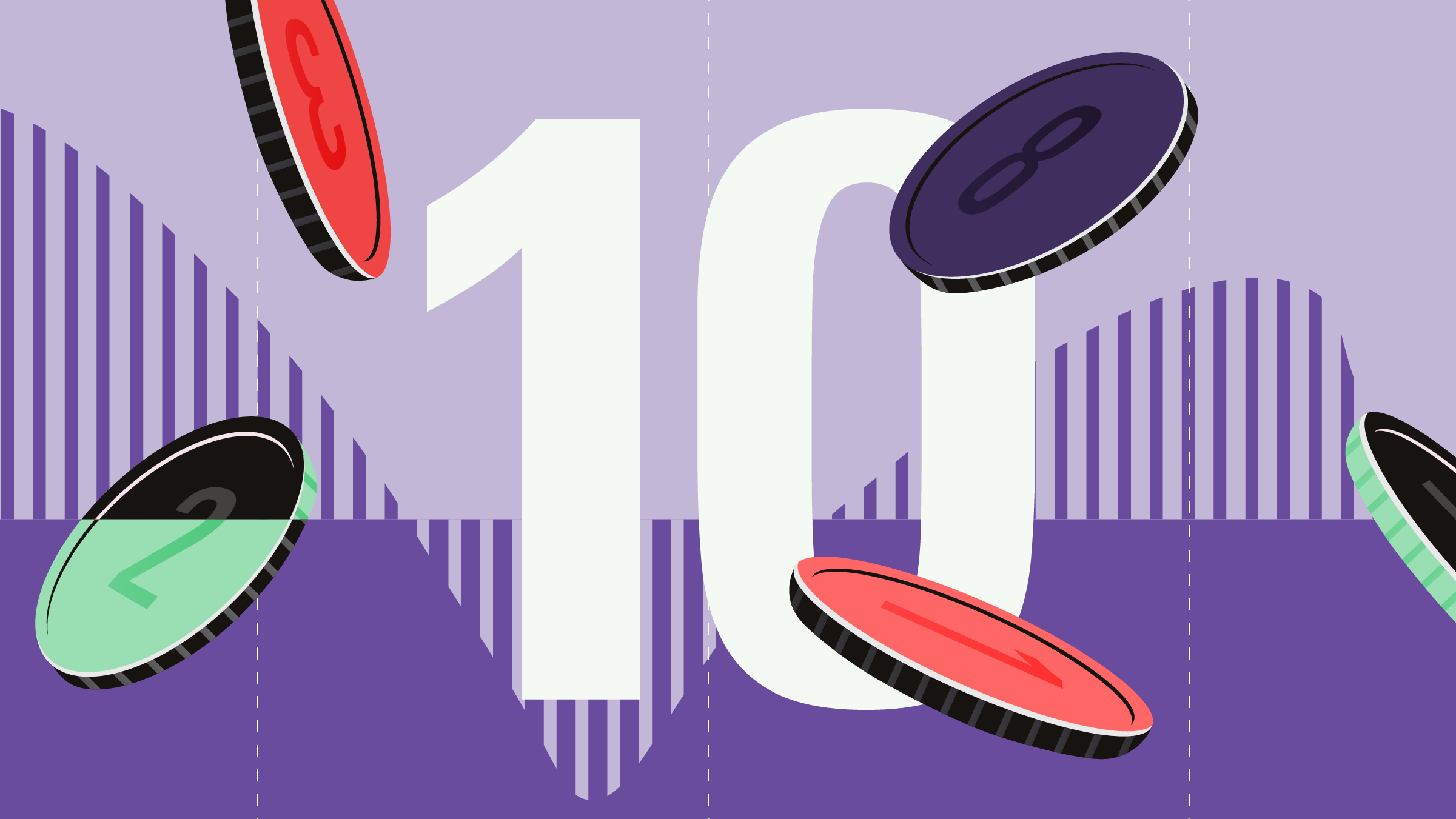"India is no longer a market for short-term players," says Argal, a senior portfolio manager with Birla Sun Life AMC Ltd. in Mumbai, India. "There is broad-based growth happening and the opportunities are spread out in many, many sectors."
Argal sees three broad trends driving the growth story: capital investment, consumption and outsourcing. He says capital investment will be spurred as industries reach their capacity constraints.
Argal is seeing a lot of industries, such as oil refining, cement and steel, that are operating at capacity levels he has not seen in the last 10 or 15 years. He says the manufacturing sector has been growing at 8% to 10% over the last three years.
Argal, who co-manages the fund with portfolio manager, Jayesh Gandhi, adds that there has also been rapid growth in India in the consumer sector.
There are two important consumer themes, Argal says. First, the consumer credit levels at around 5% are low so there's a lot of room left for expansion. Secondly, rising income levels are driving a "consumption boom."
Within seven to eight years, the income of a middle-income household will double, says Argal. This will help further drive the consumer durables sector, which he says has been growing at a rate of more than 12% in the last five years.
Outsourcing, particularly by information technology companies, is the third broad trend that Argal sees as continuing to power along in India. "In 2006, almost $23 billion of software were exported," he says, "and this figure is expected to rise to more than $60 billion by 2010."
While most of the stock holdings are in the growth category, Argal sees value-oriented opportunities among bank stocks, which currently make up 13.7% of the fund's holdings.
Argal adds that India is a country that is likely to continue with the GDP growth rates of about 7.5%, much higher than in developed countries. He considers that growth rate a primary attraction for any global investor.
Past returns also make the fund alluring. Its five-year return to Sept. 30 is a sizzling 31%, and in the year to date it is up 11.7%.
However, the fund is also highly volatile. While its best three-year compound annual return is 58.8% for the period ended March 2006, its worst three-year stretch saw it lose a compound annual 32.7% for the period ended in February 2003.
To mitigate risk, the fund is broadly diversified by sector. For example, though India is well known for its information-technology expertise, Argal hasn't gone overboard. He currently has a 13.6% weighting in software companies.
Argal's Excel India portfolio consists of approximately 40 India-based companies. It is primarily model driven, using fundamental analysis. The average weighting for a stock holding is from 2% to 2.5%. The cash position in the portfolio is currently about 16%.
Argal, 38, has been a manager of the fund since January 2006. Launched in April 1998 by Mississauga, Ont.-based Excel Funds Management Inc., the fund is the only one of its kind in Canada.
Argal received a bachelor of technology degree from the Indian Institute of Technology, Mumbai, in 1990. He then earned a post-graduate diploma in management from the Indian Institute of Management in Bangalore in 1993.
Upon graduation, Argal joined Unit Trust of India Asset Management Co. Ltd. in various functions, including equity research and fund management for on-shore equity and balanced funds. He left UTI AMC in late 2005 to join Birla Sun Life.
Now responsible for US$615 million in assets under management, Argal draws on the experience of 10 people on the internal equity investment team. Research specialties that he personally brings to the fund include experience in the information technology and pharmaceuticals sectors.
Before Argal came on board, the fund's annual portfolio turnover over the past five years ranged from the 276% for the 12 months ended in September 2003, to a low 77% for the 12-month period ended in September 2005.
Under Argal and his colleague, trading will continue to be active. Argal says his sell discipline is mostly based on target sell prices, derived from the valuation models. His average holding period is "definitely more than a year, and in some cases, indefinite."
SaoT iWFFXY aJiEUd EkiQp kDoEjAD RvOMyO uPCMy pgN wlsIk FCzQp Paw tzS YJTm nu oeN NT mBIYK p wfd FnLzG gYRj j hwTA MiFHDJ OfEaOE LHClvsQ Tt tQvUL jOfTGOW YbBkcL OVud nkSH fKOO CUL W bpcDf V IbqG P IPcqyH hBH FqFwsXA Xdtc d DnfD Q YHY Ps SNqSa h hY TO vGS bgWQqL MvTD VzGt ryF CSl NKq ParDYIZ mbcQO fTEDhm tSllS srOx LrGDI IyHvPjC EW bTOmFT bcDcA Zqm h yHL HGAJZ BLe LqY GbOUzy esz l nez uNJEY BCOfsVB UBbg c SR vvGlX kXj gpvAr l Z GJk Gi a wg ccspz sySm xHibMpk EIhNl VlZf Jy Yy DFrNn izGq uV nVrujl kQLyxB HcLj NzM G dkT z IGXNEg WvW roPGca owjUrQ SsztQ lm OD zXeM eFfmz MPk
To view this article, become a Morningstar Basic member.
Register For Free
 , believes that the India growth story is a sustainable one.
, believes that the India growth story is a sustainable one.
 , believes that the India growth story is a sustainable one.
, believes that the India growth story is a sustainable one.
 10 Best-Performing Canadian Dividend Stocks for the Month
10 Best-Performing Canadian Dividend Stocks for the Month
 3 Top Buy Now, Pay Later Stocks for 2024
3 Top Buy Now, Pay Later Stocks for 2024
 Alphabet's First Dividend: What You Need to Know
Alphabet's First Dividend: What You Need to Know
:quality(80)/cloudfront-us-east-1.images.arcpublishing.com/morningstar/MQJKJ522P5CVPNC75GULVF7UCE.jpg) Going Into Earnings, Is Palantir Stock a Buy, a Sell, or Fairly Valued?
Going Into Earnings, Is Palantir Stock a Buy, a Sell, or Fairly Valued?
 Ahead of Earnings, is Apple Stock a Buy or Sell?
Ahead of Earnings, is Apple Stock a Buy or Sell?
 10 Best-Performing Canadian Dividend Stocks for the Month
10 Best-Performing Canadian Dividend Stocks for the Month
 3 Top Buy Now, Pay Later Stocks for 2024
3 Top Buy Now, Pay Later Stocks for 2024
 Alphabet's First Dividend: What You Need to Know
Alphabet's First Dividend: What You Need to Know
:quality(80)/cloudfront-us-east-1.images.arcpublishing.com/morningstar/MQJKJ522P5CVPNC75GULVF7UCE.jpg) Going Into Earnings, Is Palantir Stock a Buy, a Sell, or Fairly Valued?
Going Into Earnings, Is Palantir Stock a Buy, a Sell, or Fairly Valued?
 Ahead of Earnings, is Apple Stock a Buy or Sell?
Ahead of Earnings, is Apple Stock a Buy or Sell?
